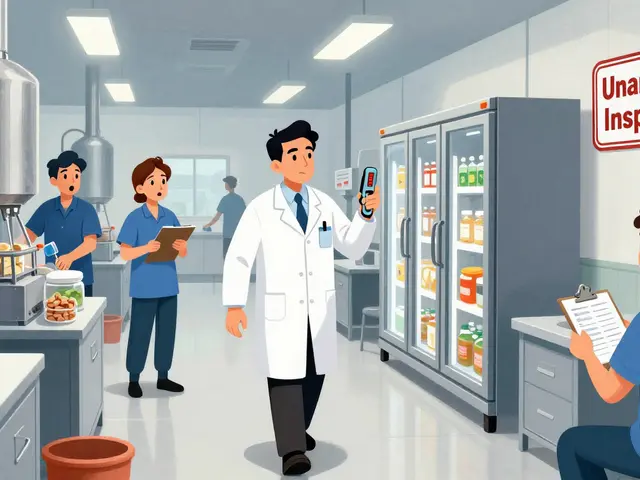Seniors' Health: Practical Tips for Medicines, Costs, and Safety
Most seniors take five or more medicines at the same time. That raises the chance of side effects, drug interactions, and confusion. Small changes cut those risks fast. This page collects practical, no-nonsense steps you can use today to make taking meds easier, safer, and cheaper.
Manage medications
Make a single, up-to-date medicine list with dose, time, and why you take each drug. Keep it in your wallet and share it at every appointment. Ask your doctor or pharmacist for a refill review at least once a year. They can spot drugs that overlap or cause interactions. Use a pill organizer or blister packs to reduce missed doses. If a side effect appears, call rather than quietly stopping a medication. For any new supplement like turmeric or policosanol, check with your provider—natural does not always mean safe with prescriptions.
Smart shopping and safety
Compare local pharmacy prices with mail-order options for a 90-day supply. Many people save on common drugs like thyroid medicine by using mail order or discount programs. When buying online, always use a licensed pharmacy that requires a prescription. Avoid sites that sell prescription drugs without asking for a doctor’s script. Read reviews, check for contact info, and confirm a physical address. If you see deals that look too good to be true, they probably are.
Avoid dangerous over-the-counter mixes. Some cough syrups and sleep aids contain ingredients that raise fall risk or interact with blood thinners. Keep a list of OTCs and supplements with your medications. Bring bottles to appointments so your clinician can review everything together.
Prevent falls by keeping floors clear, adding grab bars, and improving lighting. Many medication side effects make balance worse. If you feel dizzy after a start or dose change, sit down and tell your provider.
Watch for confusing names and look-alike pills. Keep medications in their original labeled containers until you sort them into a daily organizer. Teach a trusted family member or caregiver how to check for missed doses or signs of trouble.
Use available support. Telehealth can help with quick medication questions. Community pharmacists often offer free consultations and can help with cost-saving options like generics or patient assistance programs. KiwiDrug.com has guides on comparing pharmacies and buying safely online if you need more detail.
Small habits protect major things: your health, money, and independence. Keep your med list current, shop smart, check supplements, and ask for help when a change happens. That keeps you safer and makes managing health simpler.
Schedule yearly medication reviews, but also plan brief check-ins after any hospitalization or new diagnosis. Keep a thermometer and a list of emergency contacts by the phone. Renew expired prescriptions promptly to avoid gaps. Exercise for balance and strength at least twice a week; simple chair exercises help if mobility is limited. Drink water regularly and track weight to spot problems early. Dispose of unused meds at a pharmacy take-back to prevent mistakes or misuse and theft.

Albuterol for Seniors: Special Considerations and Tips
As a senior, I've come to learn that using Albuterol for respiratory issues requires special considerations. It's essential to monitor dosage and side effects, as seniors may be more sensitive to the medication. Additionally, it's crucial to consult with a healthcare professional to ensure Albuterol doesn't negatively interact with other medications we may be taking. Staying informed about proper inhaler techniques is also important to maximize the medication's effectiveness. Lastly, it's always a good idea to keep an open line of communication with our healthcare providers, so they can help us manage our respiratory health.
read more




